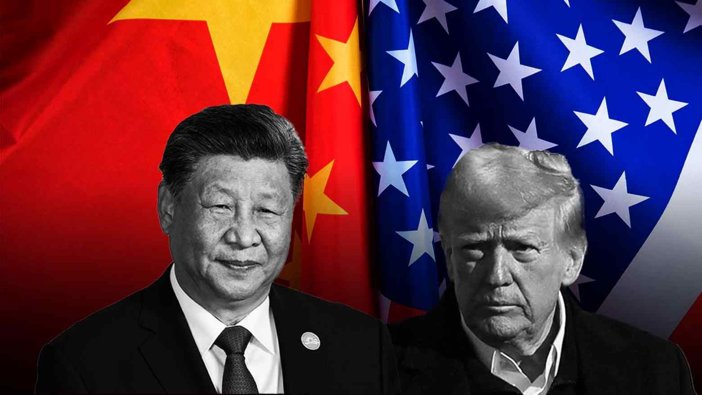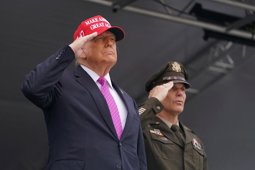
GOP Bill Targets China’s Tariff Evasion
House Republicans introduce ANTE Act to stop Chinese firms from dodging Trump’s tariffs by re-routing goods through other nations.
Congressional Republicans Push Back on China’s Trade Maneuvers
Republican lawmakers unveiled legislation Thursday aimed at halting efforts by Chinese companies to sidestep U.S. tariffs by routing exports through third-party countries. The Axing Nonmarket Tariff Evasion (ANTE) Act, introduced by House Budget Chairman Jodey Arrington, R-Texas, targets state-subsidized Chinese manufacturers using deceptive trade strategies to avoid duties imposed by President Donald Trump’s administration.
“For far too long, adversaries like China have engaged in unfair trade practices, cheated the American economy, and cost the U.S. millions of jobs,” Arrington said. The legislation aims to ensure that foreign firms cannot exploit legal loopholes to bypass tariffs that were restructured in April, when President Trump implemented sweeping changes, including a 145% initial tariff on Chinese goods that was later reduced to 30%.
Although these tariffs have curbed direct imports from China—now at their lowest levels since the pandemic—U.S. officials remain concerned about persistent circumvention tactics. These include shipping goods to intermediate countries, re-labeling them as originating from those nations, and re-exporting to the U.S. at lower tariff rates. This tactic, known as “place-of-origin washing,” allows Chinese goods to avoid harsher penalties.
Arrington emphasized that the ANTE Act would close these backdoors, “stop highly-subsidized, state-owned businesses from using third countries as backdoors to evade President Trump’s tariffs,” and “ensure a level playing field for American producers.”
Senate Companion Bill Reinforces Enforcement Measures
Senator Jim Banks, R-Ind., introduced a parallel version of the ANTE Act in the Senate. “Communist China shouldn’t be able to dodge U.S. tariffs by slapping a ‘Made in Mexico’ label on their products,” Banks said. He argued the bill would cut off the Chinese Communist Party’s ability to deceive U.S. customs and harm American manufacturing.
The problem is increasingly widespread, not only among large corporations but also among small sellers. Reports have surfaced of social media platforms hosting ads for services helping Chinese sellers circumvent tariffs. South Korean customs authorities have also noted a rise in such schemes using their country as a tariff-evading conduit.
Under existing U.S. trade law, goods must undergo a “substantial transformation” in a country to be legally recognized as originating from there. The U.S. International Trade Administration notes that this transformation must significantly alter the product’s value or function. For instance, ingredients from several nations that are baked into a product in one country may legally carry that country’s origin label. However, merely combining or freezing imported produce does not qualify, and original sources must be disclosed.
By reinforcing these distinctions and imposing tighter restrictions, the ANTE Act seeks to restore the integrity of the tariff system and curb manipulative trade practices that disadvantage American workers and industries.






